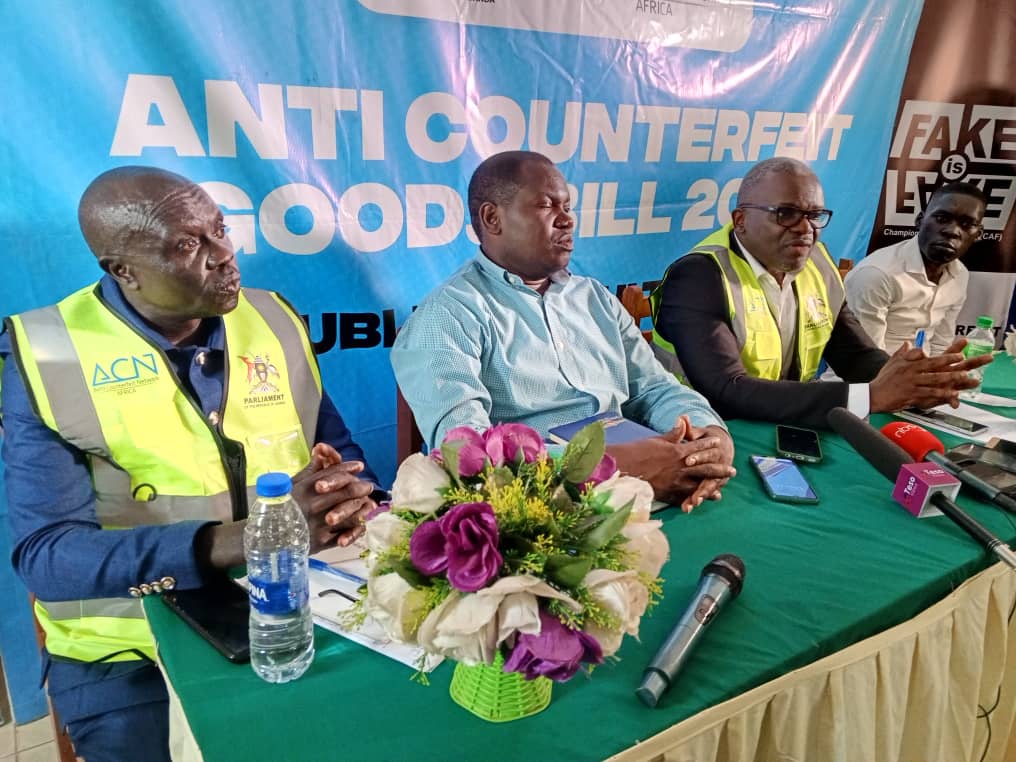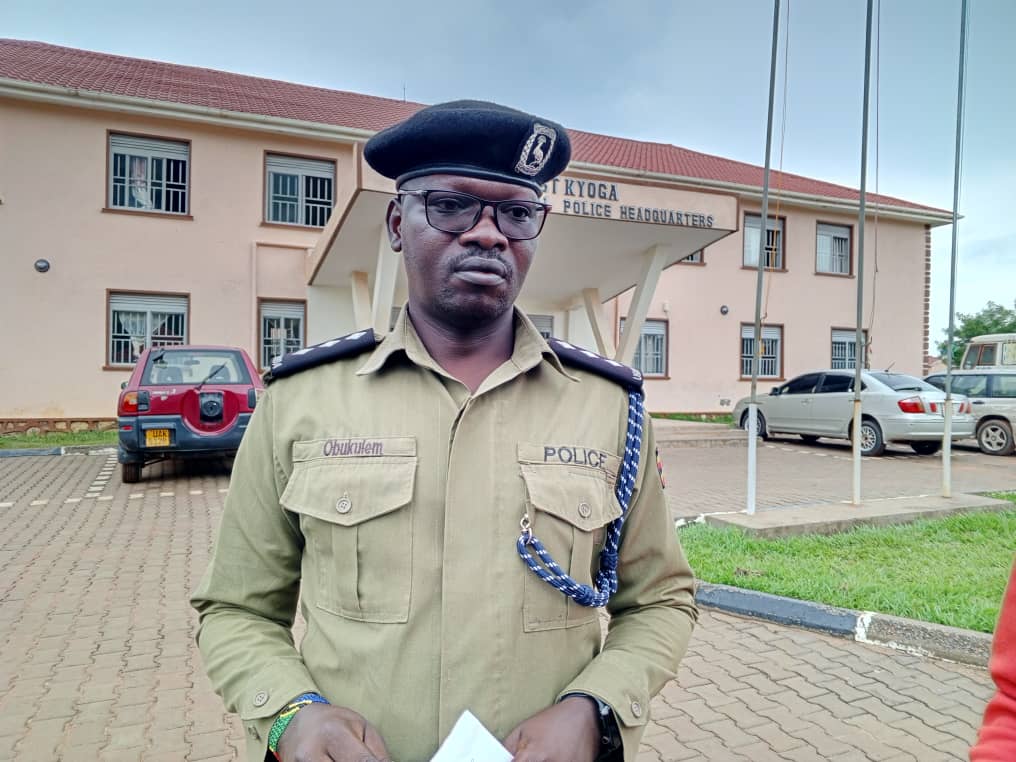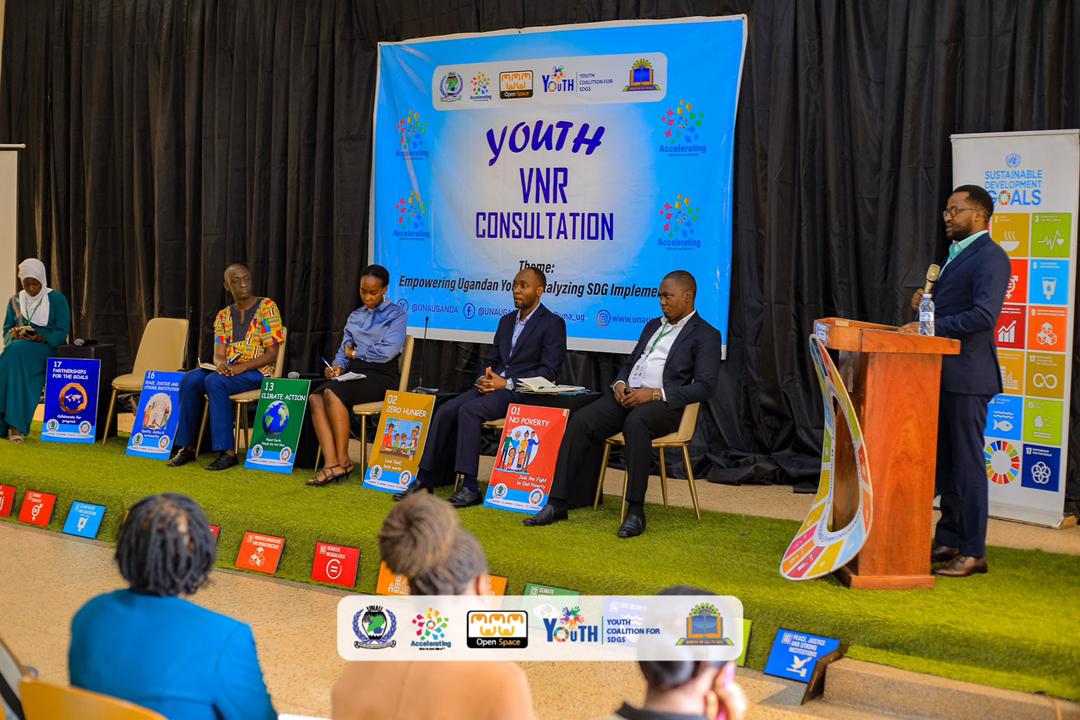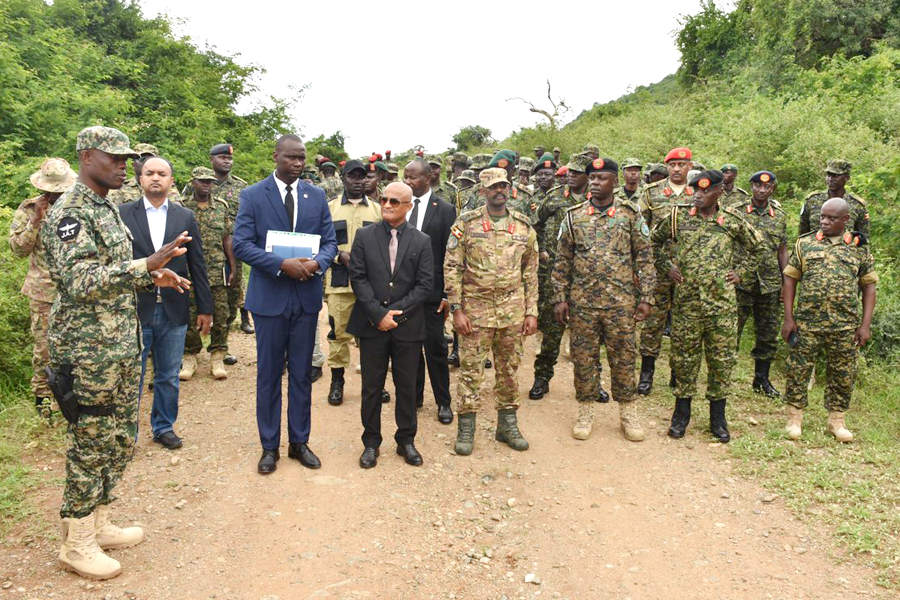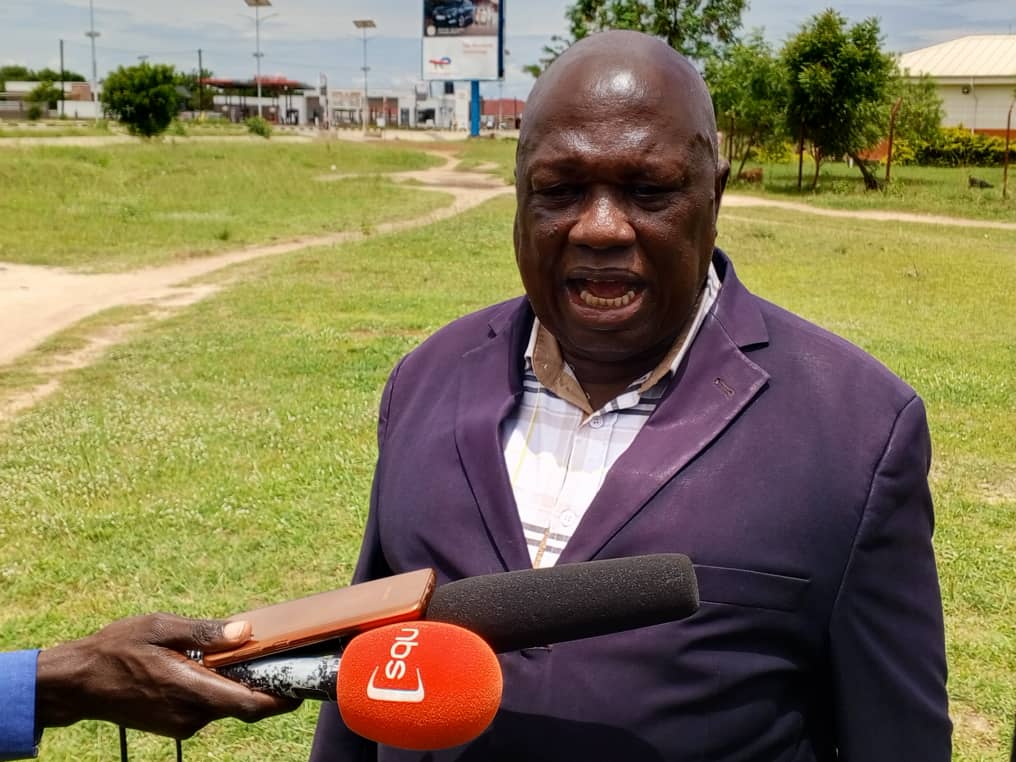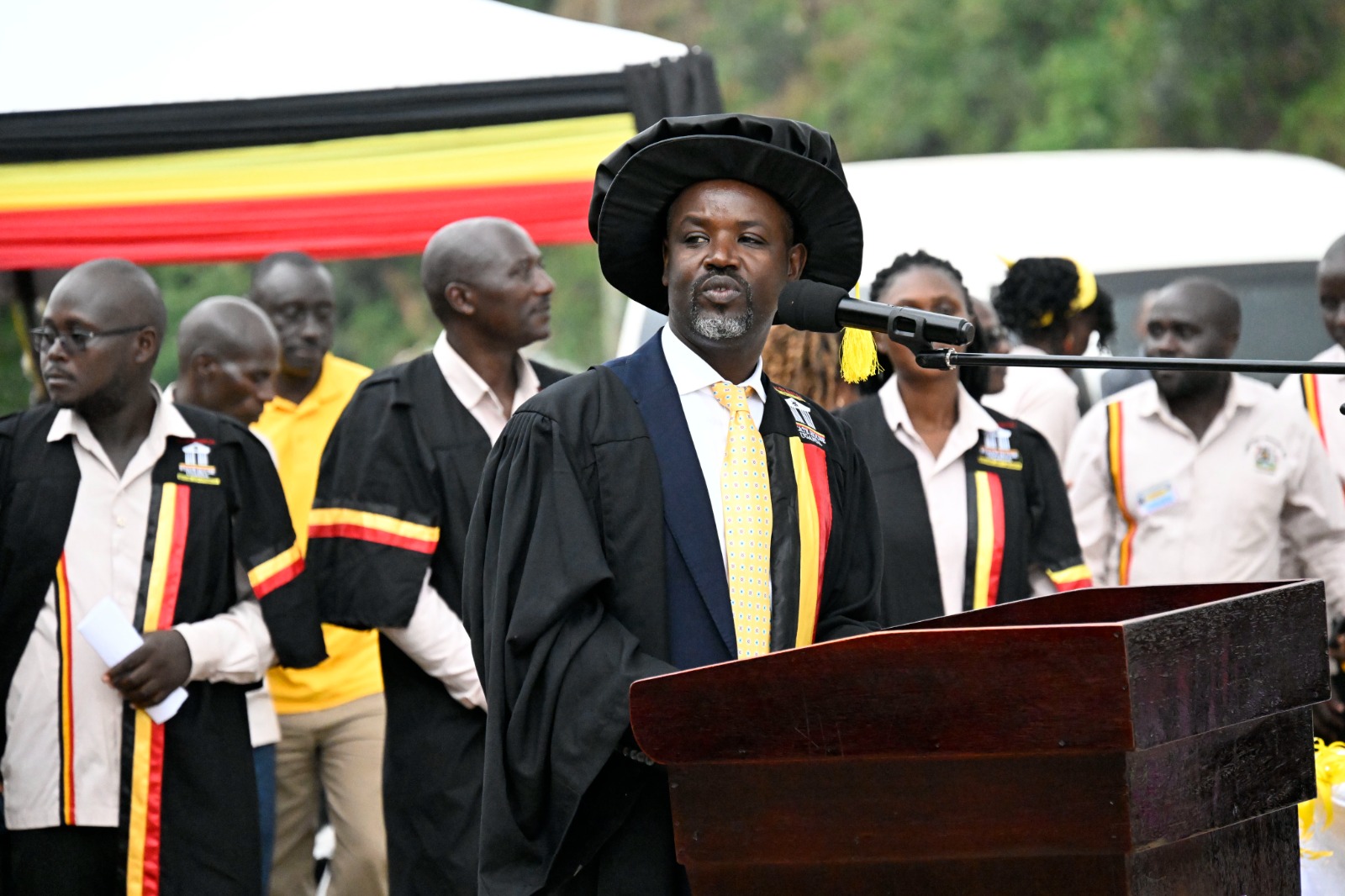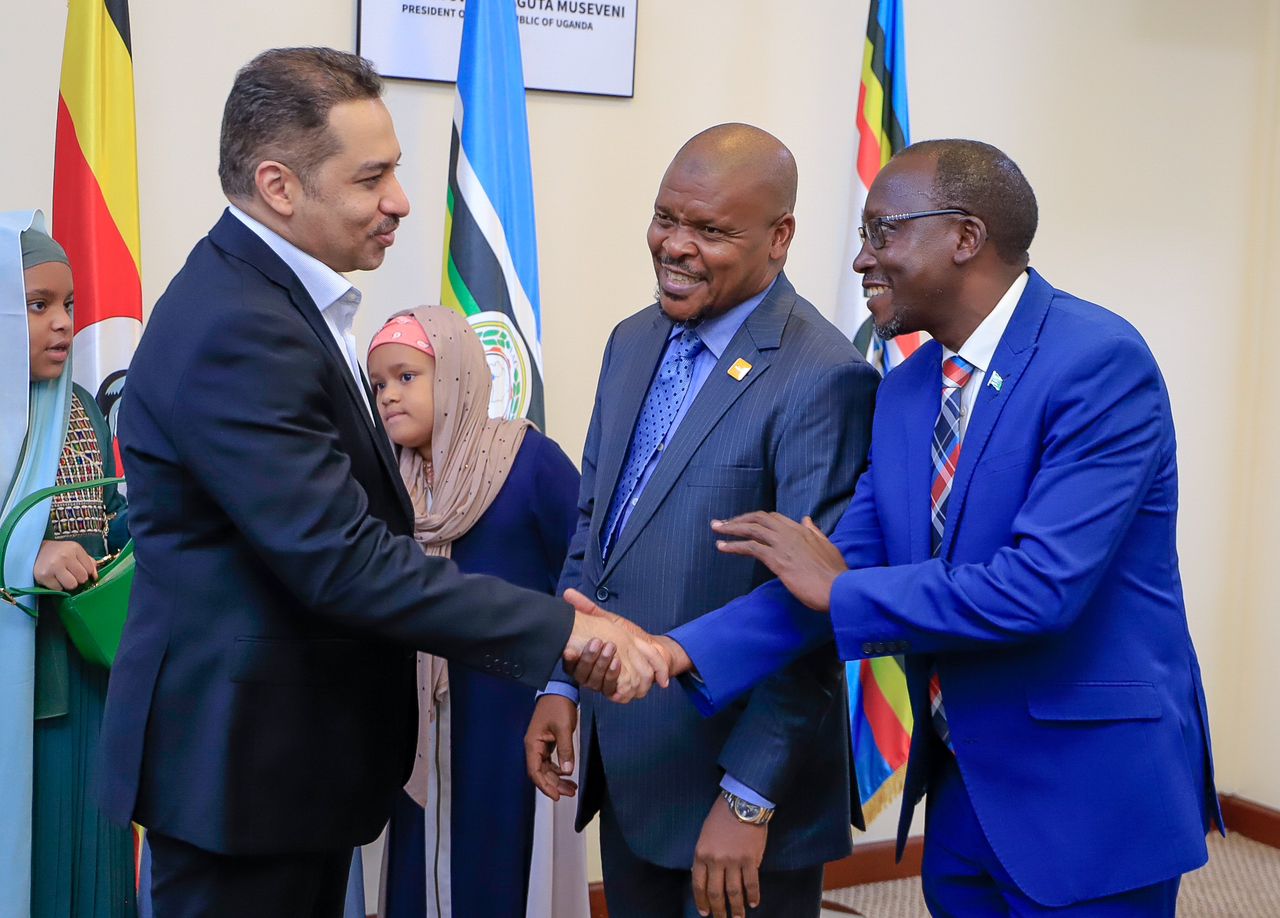Land issues should be a key manifesto agenda for all parties
Land issues being the mother of all political activism in Uganda since 1900 when the victorious combined forces of Ganda fighters of the religious wars of the 1880’s, and the colonial forces sat down to share the spoils of war.
That sharing as set out in the 1900 Agreement parcelled out land in square miles, to Kabaka, his family, Ministers, County and 1,006 minor chiefs, creating a landed gentry. In the words of Sir Harry Johnston, the Agreement established a ruling oligarchy which came to be known as the Mengo establishment, which became thoroughly identified with the colonialist.
Keep Reading
Land was not a factor of production but an instrument of political control. This land bonanza led to an unprecedented huge movement of large populations of people leading to the restlessness of entire population constituting a revolution of sorts.
Reflecting on these events, the Provincial Commissioner’s Conference of 1922 concluded that the introduction of landlordism (mailo) caused the social and political troubles in Buganda.
That it was a disastrous mistake which should not be perpetuated in other districts. The politico-social and economic reality was that the tillers of the soil commonly known as Bakopi were now landless.
Also left landless were the Bataka (clan heads) who were branded “pagans” by the new men of power who had carried out the religious revolution of the 1880’s. The deprived bakopi joined the Bataka and established an association to demand rights to land, the “Bataka Party”.
This party vociferously articulated these grievances. By 1925 it had so destabilized the colonial administration which was forced, to pass the “Busulu and Nvujjo” law giving security of tenure with right of inheritance.
The passing of the “Busulu and Nvujjo” law deprived the Bataka Party of its main point of rallying the population, and went into hibernation until the 1940’s when it joined other discontented Ugandans to assert their rights this time extending to matters beyond land, to better wages, better prices for their crops and later demanding the rights to process and marked those crops.
They rioted in 1945 spreading all over the Country forming the first major resistance to British colonial rule. Thus Bataka Party which had only pushed land rights came to be encountered in all sorts of political or social movements connected with the struggle for the rights and freedoms of the common man in Uganda.
By 1949 these forces spread all over Uganda demanding to open the rule of democracy giving people the right to choose their chiefs’ and in Buganda additionally Lukiiko members. It was therefore off target when one of Uganda’s cultural leaders when calling for a commission of inquiry into the recent election “fujjo” compared it to the riots of 1945.
The election “fujjo” were a rebellion to the enforcement of the Covid-19 SOPs which enforcement has enabled Uganda to record some of the lowest death and infection rates globally.
The 1945 riots forced the colonial Government to start the process of African representatives into the legislative Council (Legco) and eventually leading to the formation of the first national political party by Ignatius Musaazi which drew its countrywide membership from the Bataka Party and Uganda Farmers Union which had been banned in 1949.
It was the Uganda National Congress which gave birth to the Uganda People’s Congress which under Milton Obote formed Uganda’s first independence Government. Thus the struggle for Uganda’s independences which begun in the 1920’s under the Bataka party formed to fight for land rights, becoming in 1945 the nucleus of the struggle to independence cannot in any way be a comparison yard stick in attempting an analysis of the October 2020 election “fujjo”.
The 1945 riots having eventually led to the formation of the Uganda National Congress who’s off suite, the Uganda People’s Congress, led Uganda’s independence inevitably had to correct the land injustice which its mentor the Bataka party had fought for.
Thus the independence Constitution protected the bakopi on private mailo by retaining the 1927 Busulu and Nvujjo law and those on official mailo (public land), by putting it’s administration under statutory federal state land boards.
When the federal states disappeared in 1966, the official mailo (public land) was preserved in the 1967 Constitution and put under the Administration of the Public Land Commission, with strict public accountability provisions.
Distortion came in 1993 when traditional rulers claimed that public land under the federal state land boards of the 1966 Constitution, was their land confiscated under the 1967 Constitution and had to be restituted.
The distortion has led to a scenario where title deeds of public land (official mailo) is currently held outside the Public Land Commission or District Land Boards as constitutionally mandated and outside the constitutionally imposed accountability provisions.
The Guidelines on the Administration of land under the Land Act prohibits automatic re-entry of a lessee’s land and further provides for automatic renewal or extension of leases.
This is the security of tenure-“ebyaffe”, for all Ugandans to own land in perpetuity.
The author is a senior partner Kampala Associated Advocates (KAA).
smayanja@kaa.co.ug
www.kaa.co.ug


